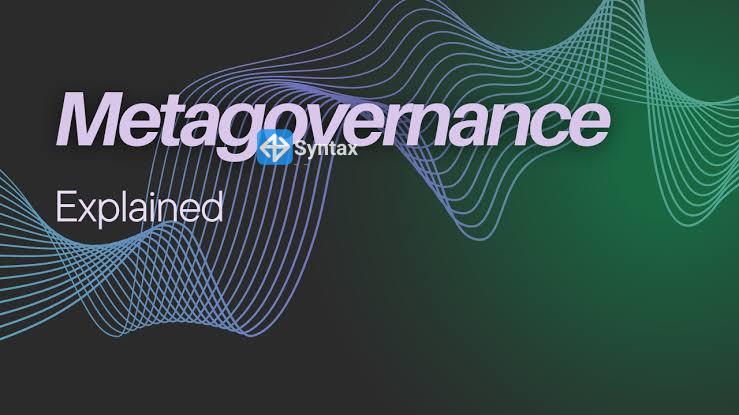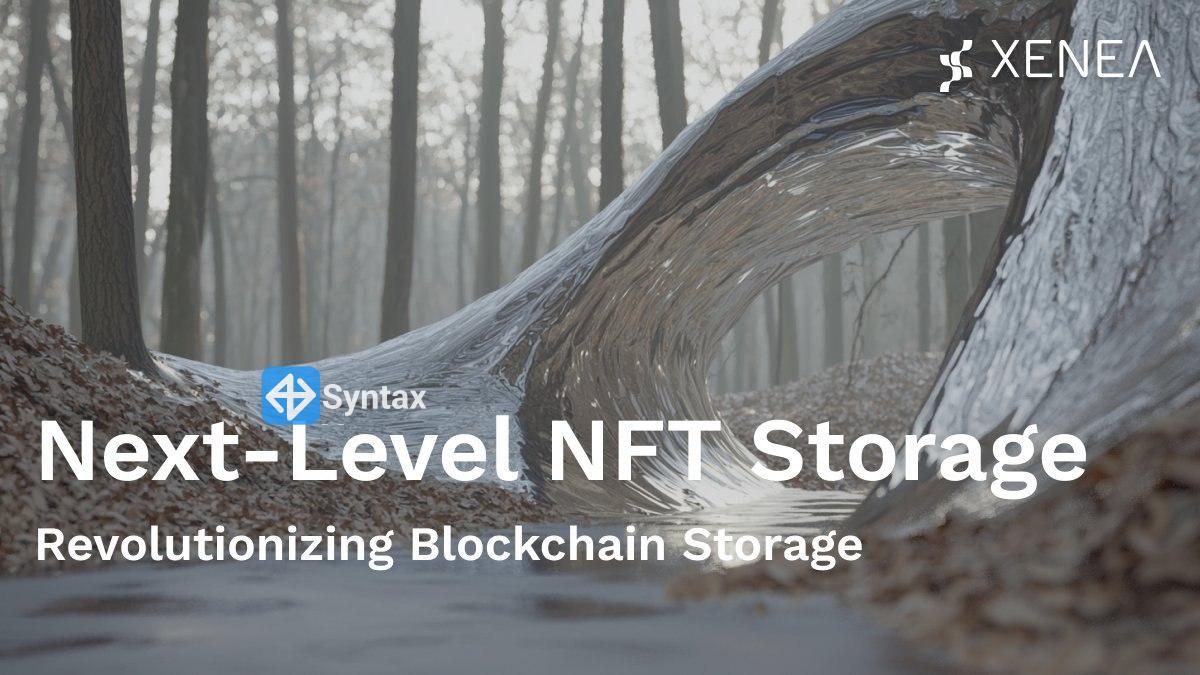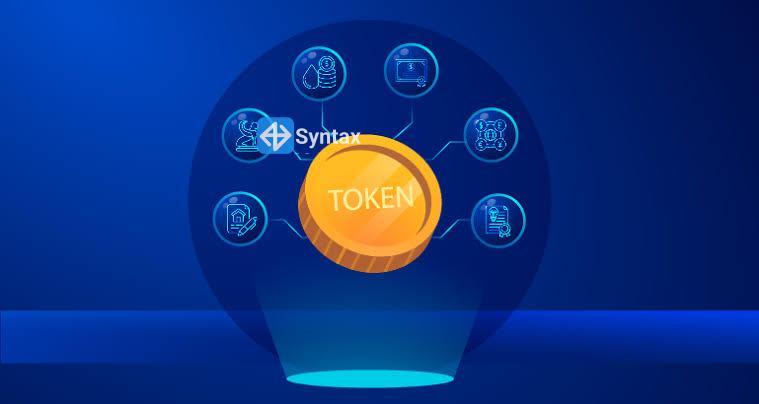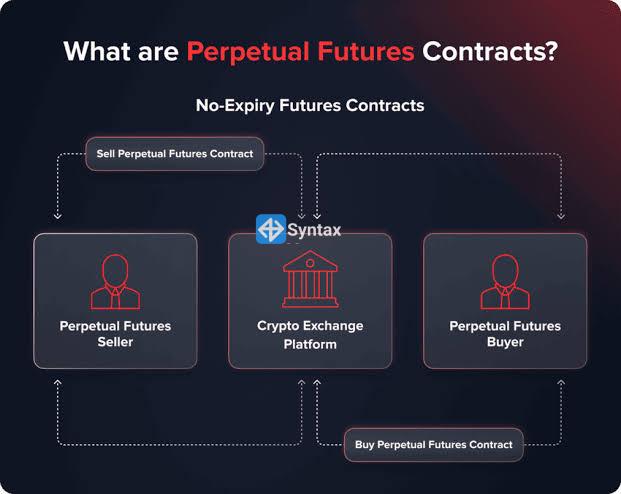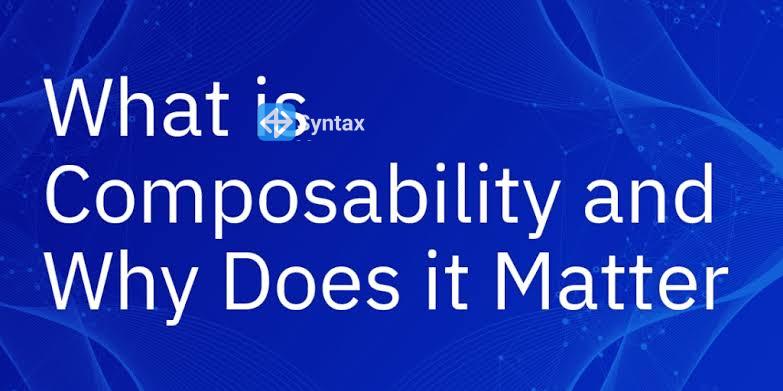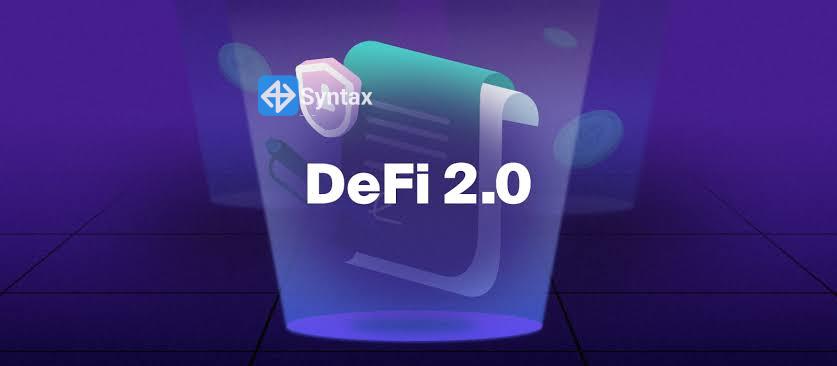In 2019, Facebook made waves across the tech and financial world when it announced the launch of its ambitious cryptocurrency project: Libra. The idea was bold, to create a global digital currency that could be used by billions of people for seamless cross-border payments. However, despite the excitement and controversy it generated, Libra never made it to the finish line.
So, what exactly happened? Why did one of the biggest tech companies in the world fail to launch its digital currency? Let’s explore the journey and the roadblocks that stopped Libra in its tracks.
What Was Libra All About?
Libra was Facebook’s vision for a global financial system built on blockchain technology. It was introduced as a stablecoin, pegged to a basket of fiat currencies like the USD, EUR, and GBP, to minimize volatility. Facebook also set up the Libra Association, a group of companies and organizations meant to oversee the project and ensure it remained decentralized.
The idea was to empower the unbanked, lower remittance costs, and simplify digital transactions globally, all from a smartphone.
Why Did It Spark So Much Concern?
From the moment it was announced, Libra raised eyebrows across the globe. Governments, central banks, and regulators expressed serious concerns about:
- Monetary sovereignty :- Could a corporate-backed currency challenge national currencies?
- Regulatory compliance :- How would Libra prevent money laundering and terrorist financing?
- Data privacy :- Given Facebook’s history with user data, could it be trusted with financial information?
The backlash was swift and intense. Lawmakers in the US and EU demanded hearings. Financial regulators called for a halt. Some founding members of the Libra Association including PayPal, Mastercard, and Visa eventually pulled out due to regulatory pressure.
Attempts to Rebrand and Adapt
In response to criticism, Facebook tried to rebrand the project. Libra was renamed Diem in late 2020, and the focus shifted to launching a US dollar-backed stablecoin. However, the damage was already done. Trust was low, and the regulatory barriers remained high.
Despite efforts to pivot and comply with the rules, Diem couldn’t gain the green light it needed. In early 2022, Facebook’s parent company Meta sold off the Diem project’s assets, officially bringing the dream to an end.
The project's failure shows that launching a cryptocurrency isn’t just about innovation. It also requires trust, compliance, and cooperation with financial systems. While Libra didn’t succeed, it sparked important conversations about the future of money and the role of big tech in finance, conversations that are still shaping the crypto world today.




